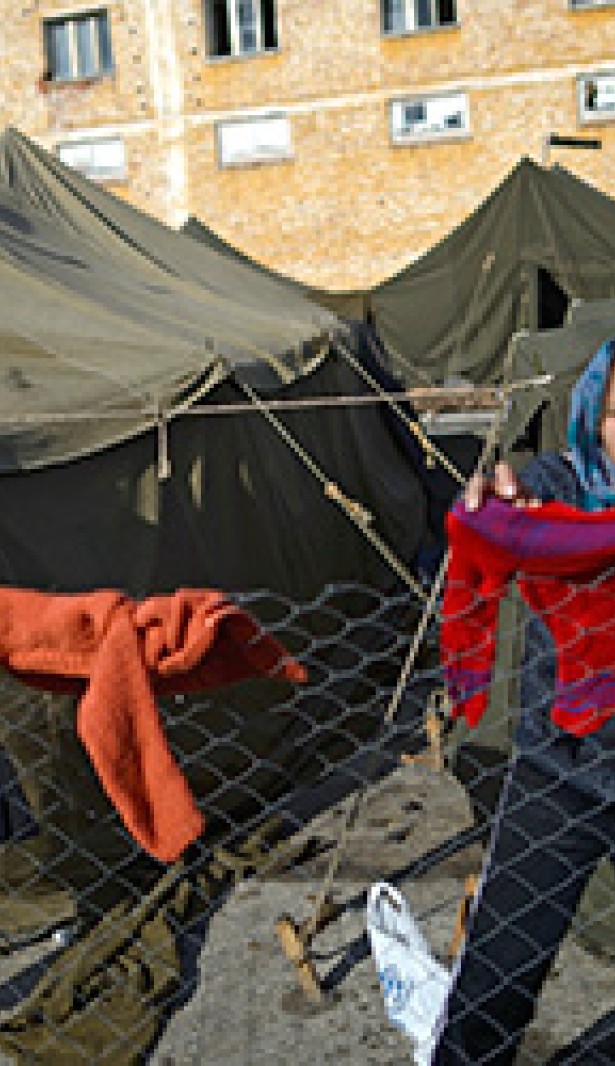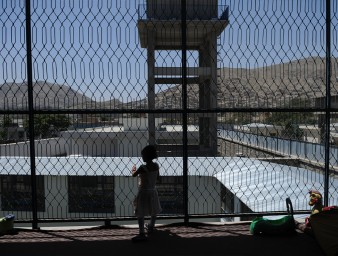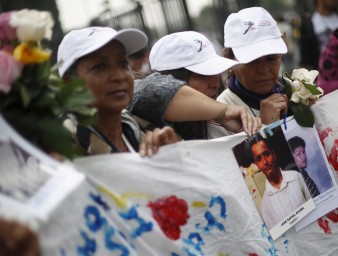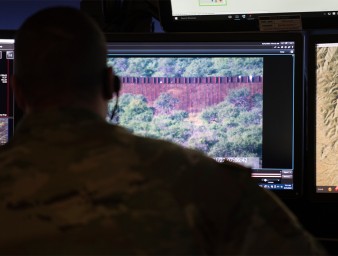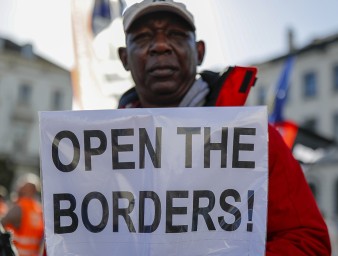Imprisoned, detained and insecure: the human rights of migrants in Bulgaria come under scrutiny
24 August 2016
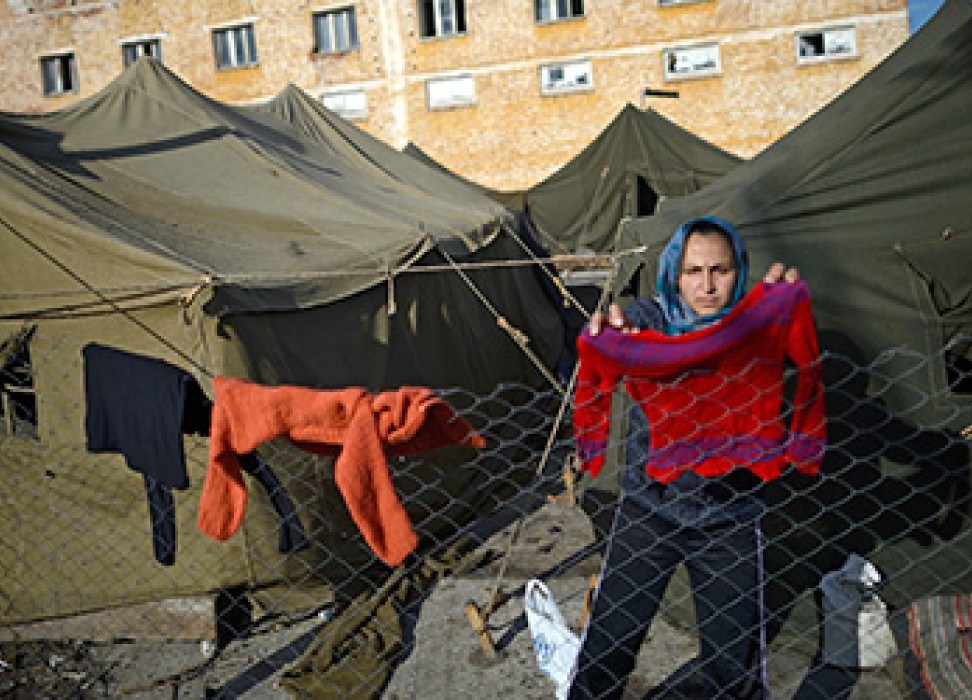
When bombs started falling on his city just outside Mosul in Iraq, Suleiman* knew that he and his family had to flee. Suleiman and his family belong to Yazidi, a community that has been persecuted by the so-called Islamic State terrorist group which had moved into the area.
Twice Suleiman’s family tried to flee to Germany, selling everything they owned the first time and borrowing money. In the first attempt, they made it to Bulgaria and were caught crossing into the country, which is a criminal offense. They were deported back to Iraq.
The second time, Suleiman’s family made it across Bulgaria to the border with Serbia. But as they moved to cross into Serbia, they were arrested. The family was split up, and for two months, he had no contact with his wife and two children. Suleiman was first taken to a migrant detention centre in Svilengrad, eastern Bulgaria and then to prison.
As he tells his story, Suleiman is sitting in the spare visitor room of Sofia Central Prison. It is July 2016 and he has been here for ten months. As someone who crossed the border irregularly more than once, he is serving a 13-month criminal sentence, housed alongside drug runners and attempted murderers. The Yazidi farmer said he is anxious and bewildered by it all.
“It is terrible for me to be separated from my family like this,” he said. “And when this is finished, what do I do? I have no papers, they are with my wife. If I try to move, I may get caught again and sent back to prison. What can I do?” He looked around and sighs. “I just want to get back to my children.”
Suleiman’s wife and children have managed to get to Germany.
The fate and future of Suleiman and others like him has drawn the concern of the UN Human Rights Office. According to statistics provided by the Bulgarian Government, 123 were serving prison sentences for “illegal border crossing” in 2015, with most sentences being around one year.
In a recent visit to Bulgaria, UN Human Rights officials expressed concern over the continued criminalisation of migrants for attempting to enter and leave the country irregularly. This led the UN High Commissioner for Human Rights to label the situation as an “invidious Catch-22”.
“Those people are sitting in jail now and they have no idea what will happen to them next,” said Claude Cahn, a UN human rights advisor who took part in the mission. “We met people who suffered horrendous trauma in their countries of origin, made huge sacrifices to try to find a better life – or any life – for themselves and their children, and who now find themselves behind bars in a state of deep uncertainty – often panic and anger -- as to what might happen next. They receive no support in mapping and finding paths into society with dignity. This is a serious problem from many points of view… including above all our commitment to ensure human dignity.”
This was the second time the Office has undertaken a mission to Bulgaria to examine the human rights situation of migrants and refugees. It is part of a series of visits to countries along the Balkan land route for migrants and refugees moving through Europe. The Bulgaria visit was an opportunity to see if recommendations made following the first visit, in November 2015, had been implemented.
The team noted some progress including decreased lengths of detention for some categories of migrants and refugees, and that the country’s nascent child guardianship system was recently extended to include migrant children.
But the country still focuses on handling migrants and refugees via the security lens, said Dima Yared, a UN human rights officer. “A security approach – one that opts for deterrence, detention and jail as a first step – is directly at odds with a human rights approach”.
Uncertainty prevailed in the interviews with migrants and refugees at detention centres and prisons. Many wondered what would happen to them once they finished their prison sentences or were released from detention.
Fatima, a 32-year-old Iranian woman, was one of those. She and her family left Iran after facing harassment for converting to Christianity. The family made it as far as the Bulgaria/Serbia border before they were detained by police. Fatima and her family have been in the Lyubimets detention centre for 17 days when the UN Human Rights Office team met her.
Like so many others, Fatima had been convicted of the crime of “illegal border crossing”. Like so many others, she was deeply uncertain about her future and that of her family.
In providing a level of certainty, a legal pathway to legitimacy, Bulgaria could help to recognize something that gets lost in the discussions about migration and refugees in Europe, Cahn said; common humanity.
“These are people. They have rights. They need to have their dignity ensured,” he said. “This is why we advocate bringing human rights into these policies.”
24 August 2016
